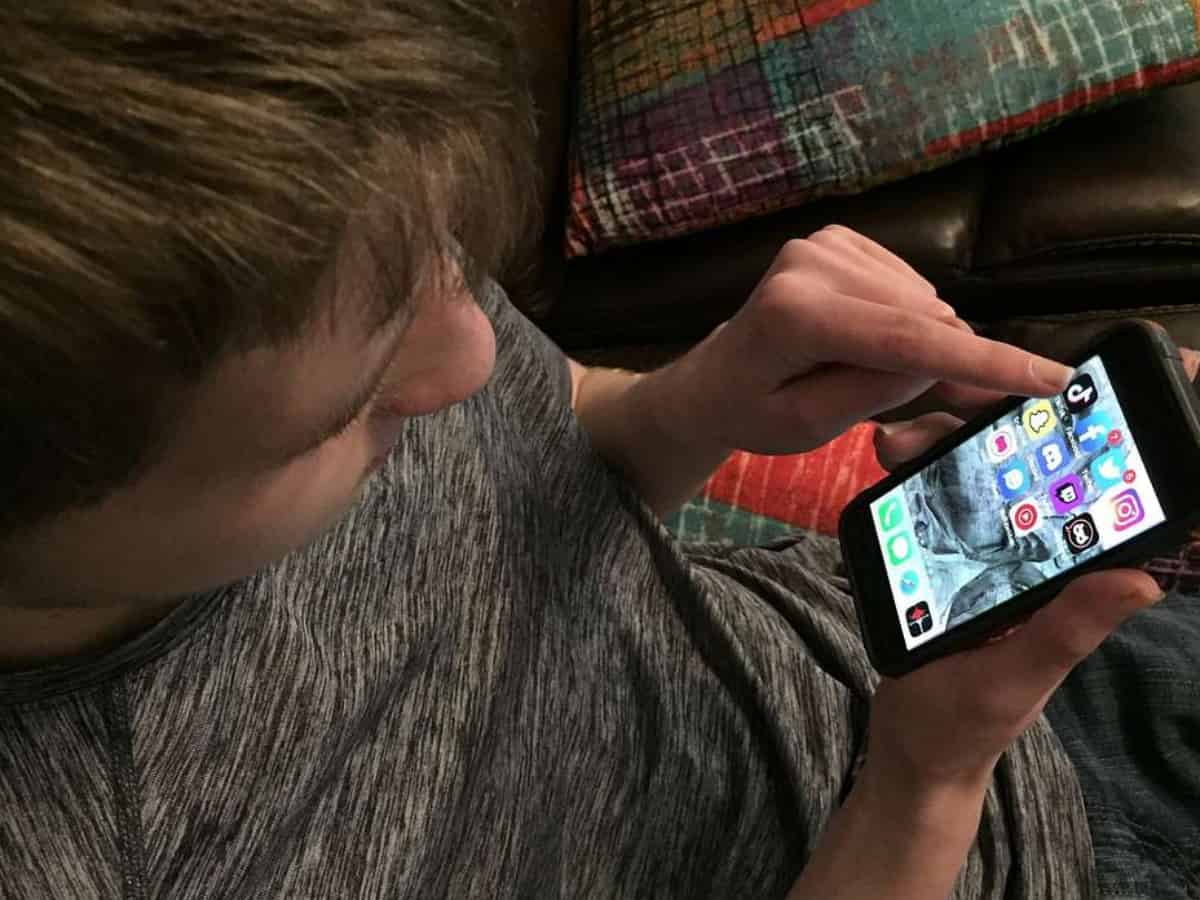
New York: Nearly 7 in 10 parents believe that the wave of new image editing apps and filters along with trends related to appearance are affecting their children’s body image, according to a report.
The report showed that 69 per cent of parents of children younger than 18 think social media image editing apps and filters have a negative influence on their child(ren)’s body image.
In addition, 65 per cent of parents agree that social media trends related to appearance — like diet or exercise — have a negative influence on their child(ren)’s body image.
“It’s important to talk to kids about food and their bodies,” said Dr. Erin McTiernan, paediatric psychologist at the Nationwide Children’s Hospital in the US.
She advised parents to pay attention to the content children are consuming on social media and how it’s impacting them.
“A child’s feelings about their body can affect their mental health,” said McTiernan. “We know that social media can affect everything from purchasing choices to perception of beauty, and unfortunately children are the most vulnerable to unrealistic body image expectations set by these platforms. Children on social media can be exposed to thousands of messages every day about how to look, what to do, and who to be.”
Conversations about body image can be challenging, even for confident parents. The expert suggested instead of labelling foods as “good” or “bad”, take a more neutral stance and encourage adding foods from a variety of food groups to create balanced, nourishing meals.
Parents must focus on overall health, not weight; model positive body image and recognise your child’s positive traits or qualities that don’t have to do with their appearance.
The balance between allowing children to explore social media while avoiding potentially dangerous aspects, such as harmful “trends” or messages, can be difficult.
The report is based on a national survey conducted online by The Harris Poll on behalf of The On Our Sleeves Movement For Children’s Mental Health, created by Nationwide Children’s Hospital. The survey included 2,035 US adults ages above 18, among whom 711 are parents of kids younger than 18.
